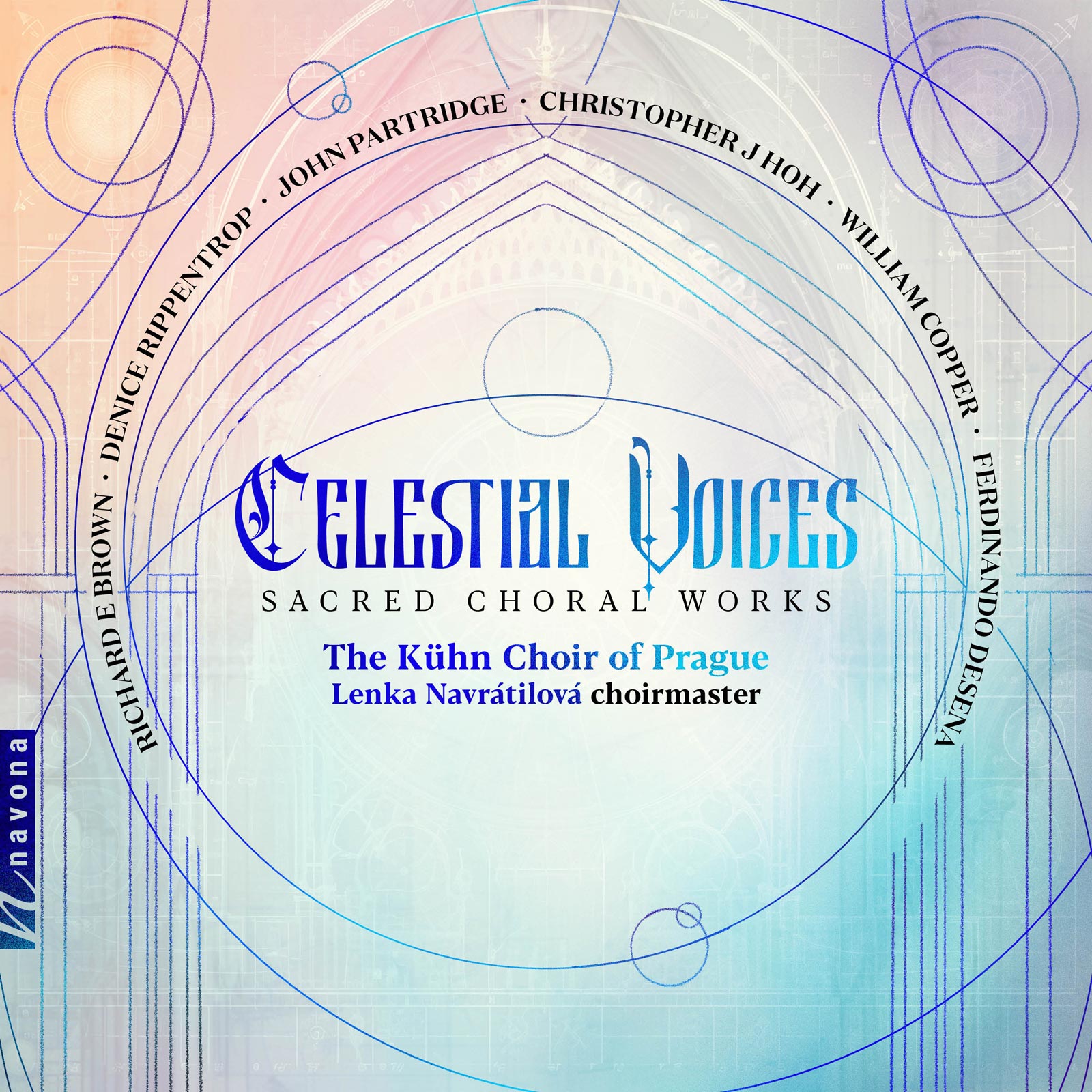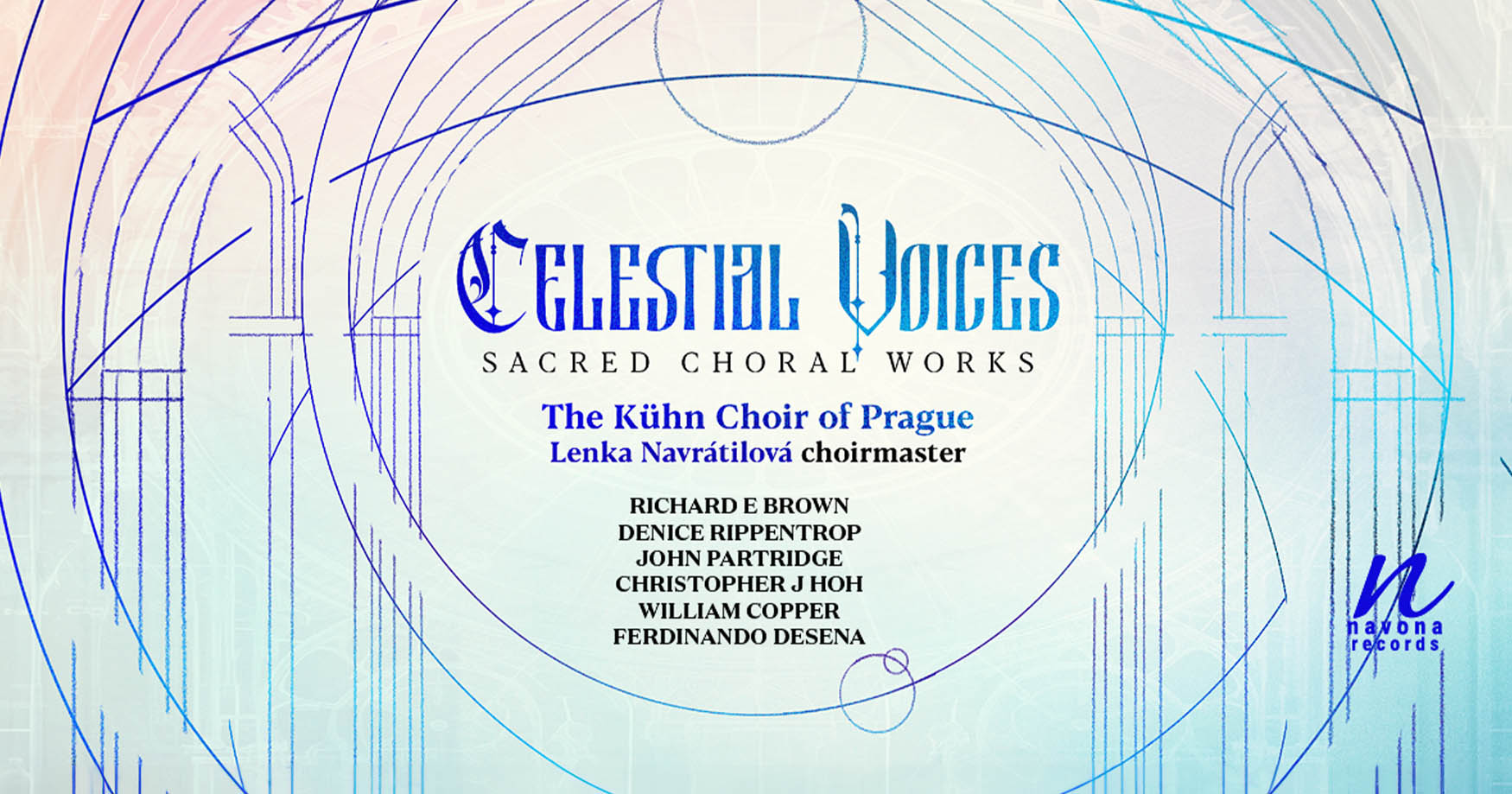
Ethereal, uplifting, and deeply impactful throughout. The works on CELESTIAL VOICES check these boxes and more. Featuring sacred choral works from several contemporary composers, this offering from Navona Records is a musical exploration into the divine. Modern harmonies and rhythmic freedom, new settings of famous hymns, fragments of plainchant that highlight contemporary topics, and more are expressed with clarity and spirit.
PARMA Senior Content Writer Shane Jozitis recently connected with the composers of CELESTIAL VOICES to learn more about the inspirations, processes, and realizations behind their works. Read on for an exclusive deep dive into the creative minds of Ferdinando DeSena (FD), John Partridge (JP), and Denice Rippentrop (DR).
How have your own personal experiences with spirituality and the divine affected how you approach both this specific genre and music in general?
FD: First of all, the most awesome instrument in this world is the human voice. Multiply that by the size of a chorus and you have incredible power. It is not an accident that sacred music is first and foremost vocal.
I have long experience with it. My doctoral dissertation in 1994 was a requiem mass, Requiem for the Living. composed for SATB choir and electronic sound. I have also set a number of Psalms for choir. I also spent seven years singing in the Greater Miami Civic Chorale, where I sang a lot of sacred music.
My work on the album, Three Psalms, is subtitled “A Meditation on Psalms 22, 23, & 24.” Psalm 23 is that most beloved of the Psalms — “The Lord is my Shepherd.” Psalm 22 is the Psalm Jesus cried out from the cross — “My God, my God, why have you forsaken me?” Psalm 24 is a picture of the “King of Glory.”
JP: I was raised by parents who were not religious, but I started reading the Bible as a pre-teen and I was a church musician (although not necessarily a believer) starting at about age 14. In my work with churches, I have written a large number of anthems, hymns, cantatas, oratorios, etc. and this has helped me deepen and solidify my faith. I was baptized in my 40s and I take my religion very seriously. My religious works are deeply rooted in my understanding of God. I also write a lot of pieces that do not have a specifically religious component but — since I see my talent as something that comes from God — there is a connection there too.
If you could compose a sacred choral piece that captures the essence of a specific historical moment or era of religious significance, which moment would it be and how would you infuse it into your composition?
FD: The greatest most profound and spiritually bountiful in the Western Music canon is Medieval Chant. If I could do it, I’d love to go back in time and be a monk/composer of Gregorian chant.
What aspects of sacred choral music inspire you as a composer? Can you share a particular vocal piece that you believe best encapsulates the range of human emotions and the power of music to express them?
DR: Samuel Barber’s masterpiece Agnus Dei is a stunning representation of sacred choral music. The choral writing in this piece is nothing short of exceptional, capturing the essence of divinity and holiness. As the music unfolds, it evokes a deep emotional response that is both powerful and overwhelming. The exquisite balance of the musical elements — the harmonies, the rhythm, and the melody — culminates in a sublime crescendo that is performed to perfection. The stirring lines of the music convey a sense of urgency without ever rushing the tempo, drawing the listener into a profound spiritual experience. The beauty of this piece is indescribable, and it will surely leave a lasting impression on anyone who has the privilege of hearing it.
What are some of the most challenging aspects of composing vocal music, and how do you push the boundaries of the genre or experiment with new approaches?
JP: As a composer, I need to keep in mind the mechanical aspects of singing. Have I given the singers a place to breathe? Am I going to wear them out by having them sing too much in a high range? You have to remember that — unlike an instrumentalist — a singer can’t just put their fingers in the right place and get the right note, so abrupt shifts of harmonies are problematic and need to be carefully crafted. “Pushing the boundaries of the genre” is a concept that has no appeal to me. The whole mythology about “originality” in art is destructive and wrong-headed. I strive to make my music unique because it is authentic, not because it is “original.”
DR: Composing vocal music presents a highly intricate challenge, specifically when it comes to staying true to the written text. The composition must be guided by the text, requiring significant deliberation and a unique set of skills. A balanced and authentic artistic creation is characterized by its equilibrium, which can be achieved by adhering to the composition’s text. For instance, when the text describes a deep and profound place, the basses are often taken to the lowest possible range and, at times, beyond their limits. Similarly, the sopranos, altos, and tenors may be taken to an out-of-voice range to experiment with new approaches for these voice parts. This can lead to the creation of an entirely new character in the composition. Ultimately, the text serves as a guide for developing new approaches to building a composition.
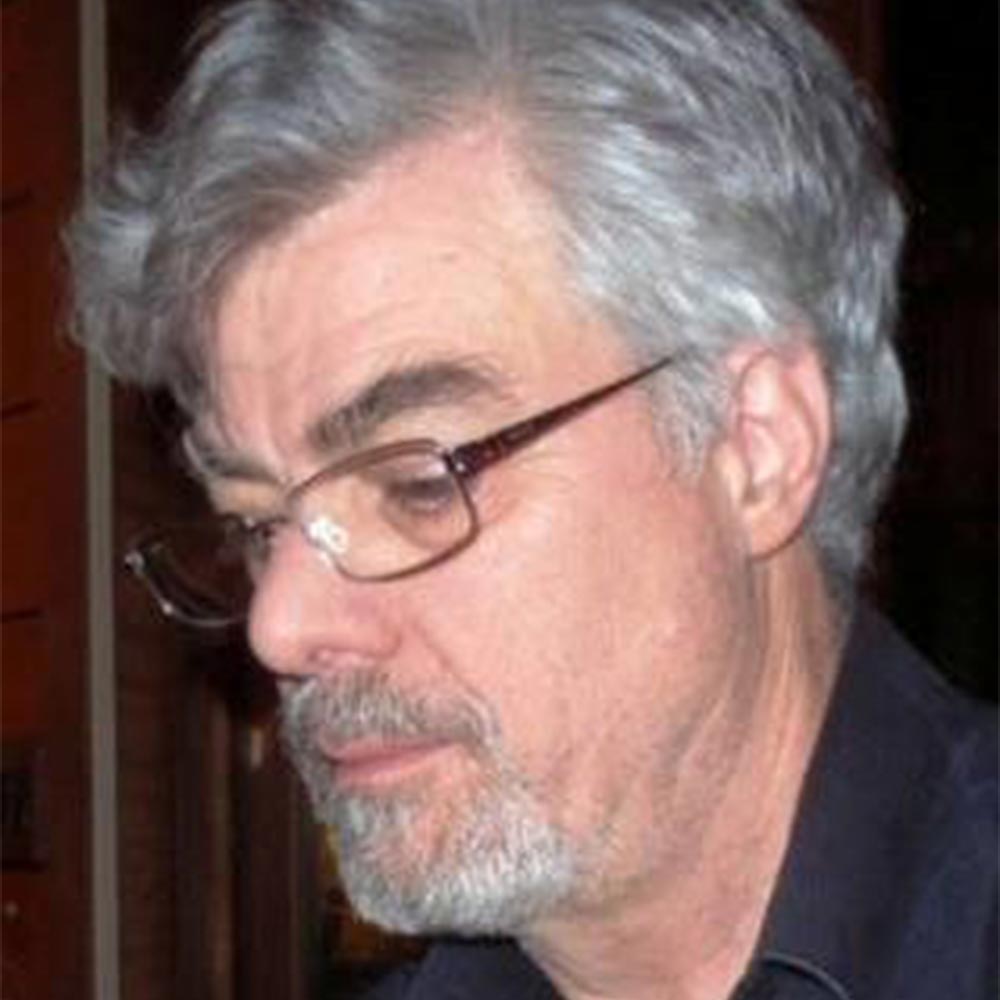
John Partridge has been performing in the San Francisco Bay Area since the 1970's. As a concert pianist and organist, he specializes in music by American composers. As a composer, he has written everything from film scores to church cantatas.
After graduating from Berkeley High School, John attended UC Santa Cruz where majored in composition and conducting. Returning to the Bay Area in 1976, Partridge served as music director of the Bay Psalmers (a chorus composed of businesspeople in downtown San Francisco), of Berkeley Harmonia Chorus and Orchestra, and at several local churches.
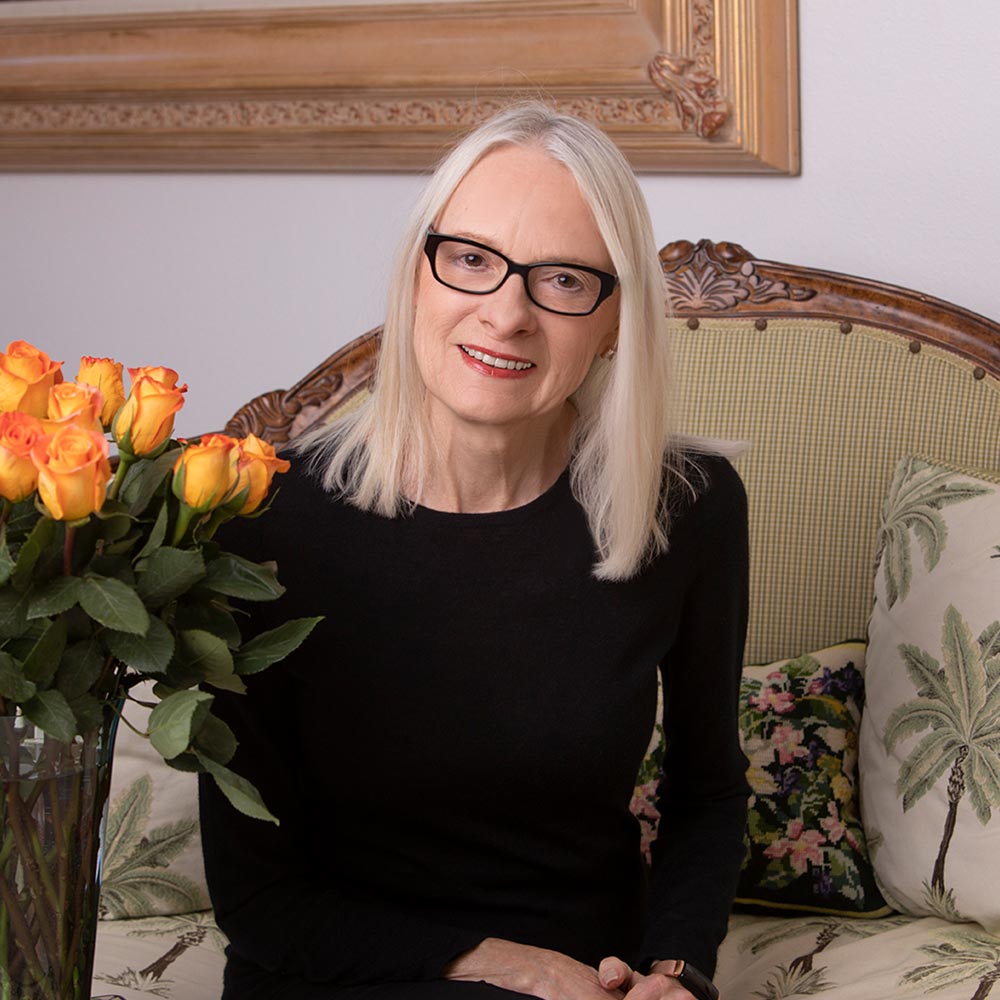
Denice Rippentrop believes that composing is a craft that is as much about the creative journey as the final composition itself. Rippentrop is the creator of numerous choral works, each of which she finds challenging in process, but fulfilling in the end. Composing gives her energy and purpose as she continually challenges herself to write with integrity and compassion. Rippentrop writes with a style and flair that reflects her understanding of the voice and ensemble balance.
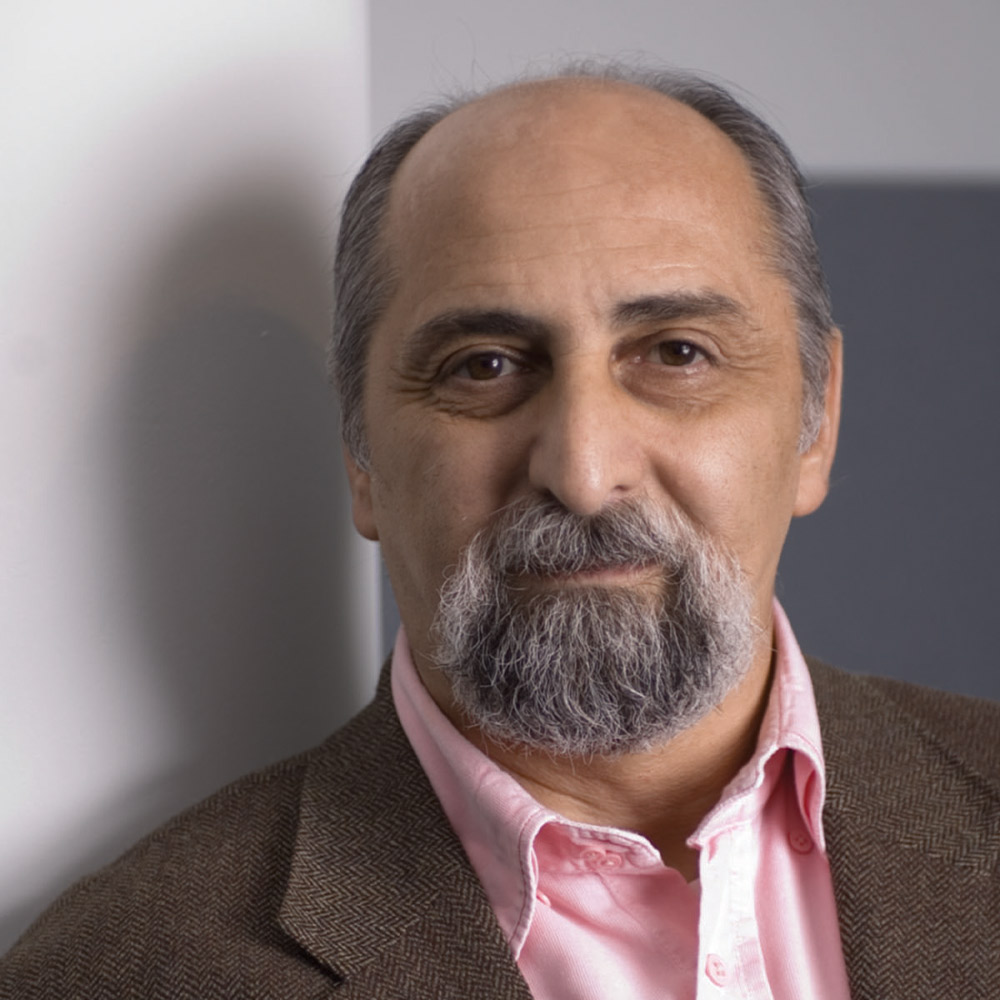
Ferdinando DeSena is a Miami-based composer who was born in Brooklyn NY. His earliest musical experiences were with neighborhood pop, rock, and doo-wopp groups. He worked as a musician in Ithaca NY for 13 years, playing in several regional bands as keyboard player and lead singer. His final group was Uptown Revue, which he led for seven years.
